Cortisol, a crucial hormone produced by the adrenal glands, plays a vital role in various physiological processes within the human body. In Pediatric endocrinology, cortisol is particularly important due to its involvement in the stress response and its influence on growth, metabolism, and immune function.
Key Points:
Production and Regulation:
- Cortisol is produced in the adrenal gland, situated on top of the kidneys, in response to signals from the brain (hypothalamus and pituitary gland).
Functions:
- Stress Response: Cortisol is a key component of the body’s stress response. It helps regulate blood pressure, heart rate, and glucose levels during times of stress or danger.
- Metabolism: Cortisol plays a role in glucose metabolism, promoting the breakdown of glycogen into glucose for energy. It also affects fat metabolism and protein synthesis.
- Anti-inflammatory Effects: Cortisol has anti-inflammatory properties and helps modulate the immune response to prevent excessive inflammation.
Diurnal Rhythm:
- Cortisol levels follow a diurnal rhythm, with higher concentrations in the early morning and lower levels in the evening and night. This rhythm is essential for maintaining normal physiological functions.
Pediatric Disorders:
- Adrenal Insufficiency: Insufficient cortisol production can lead to adrenal insufficiency, characterized by fatigue, weakness, and potentially life-threatening complications.
- Cushing’s Syndrome: Excessive cortisol production, as seen in Cushing’s syndrome, can result in weight gain, hypertension, and metabolic disturbances.
Diagnostic Testing:
- Cortisol levels can be measured through blood tests, saliva tests, or urine collections to assess adrenal function.
- Dynamic tests, such as the ACTH stimulation test, may be performed to evaluate the adrenal glands’ ability to produce cortisol in response to stimulation.
Treatment:
- Replacement Therapy: In cases of adrenal insufficiency, cortisol replacement therapy is essential to maintain normal physiological functions.
- Management of Cushing’s Syndrome: Treatment may involve addressing the underlying cause, such as surgery or medications, to normalize cortisol levels.
It needs close monitoring to provide comprehensive care for children with adrenal disorders. Foradrenal related problem, please consult for a proper assessment and guidance.

